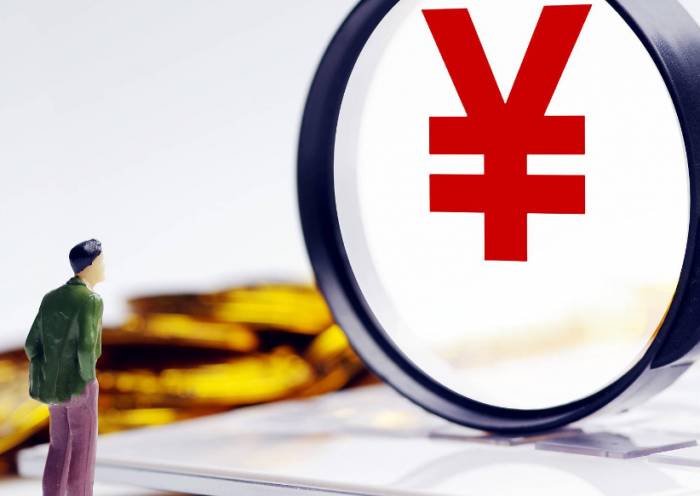Recently, many friends have reported to me that their bank cards have been suddenly frozen during use, affecting many normal financial transactions. What exactly is going on? What should we do when we encounter such situations? Today, let's analyze and understand this issue together:
Recently, many friends have encountered this problem, where their bank cards have been used normally all along, but one day they suddenly find that their accounts are frozen. As a bank employee, I believe it is necessary to educate everyone about this aspect of knowledge.
Let's first talk about the reasons for the freeze. Generally speaking, there are two main situations for a bank card to be frozen: one is active freezing, which is what everyone is more familiar with, such as active loss reporting, freezing due to multiple incorrect password entries, and so on.
The second type is passive freezing, which is when your bank card is suddenly frozen without your knowledge. Today, we mainly talk about this aspect, and interested friends, please continue to watch the following content.
Advertisement
Passive freezing is divided into judicial freezing and bank freezing. Judicial freezing is also very familiar to everyone, which means your bank account may be suspected of being involved in criminal cases, or there may be illegal funds entering your account, or you have been sued by someone, and after losing the lawsuit, the court will directly freeze or deduct the money in your account, which is all possible.
So, if you encounter a situation of judicial freezing, everyone should contact the relevant judicial authorities as soon as possible to understand the specific situation. As long as the case involved is resolved, the bank can unfreeze your account after receiving the unfreezing notice from the relevant judicial department.Here is the translation of the provided text into English:
It is important to remind everyone that in daily life, never rent out or lend your account. For instance, if a friend wants to transfer some money to you and then asks you to forward that money to another person, many might think it's normal. However, if the money is from illegal activities, you could be implicated in a crime. This is what lending out an account entails, which is quite frightening. Therefore, I advise everyone to be extremely cautious with financial transactions.
Regarding the freezing of bank accounts, many people have questions. Banks are not judicial authorities; what right do they have to freeze my account? I can clearly tell you that banks do not have the right to freeze any individual or enterprise's bank account. However, they can impose transaction restrictions on your account.
According to relevant regulations, commercial banks have the obligation to monitor for anti-money laundering and counter-terrorist financing. If the system detects suspicious transactions that may be related to money laundering or other illegal activities, the bank's system will automatically implement "payment suspension" or "channel restrictions" on such accounts.
"Payment suspension" means the account can be set to receive but not make payments, while "channel restrictions" might mean your bank card can only be used for transactions at the bank counter, and other methods like mobile banking, online banking, ATMs, POS machines, and online shopping are not allowed.
If further investigation reveals no suspicious transactions in the restricted account, then your bank card will have its restrictions lifted. However, if it is indeed related to some illegal activities, it will be handed over to judicial authorities, and then it will truly be frozen, followed by corresponding judicial sanctions.
In summary, the bank cards we use daily are not just cards; they could also become tools for money laundering, telecom fraud, and illegal transactions. Banks take actions to freeze or restrict bank card transactions entirely to cooperate with judicial authorities or to fulfill their responsibilities and obligations in anti-money laundering.

As China continues to intensify its efforts to combat illegal and criminal activities, the phenomena of bank account freezing, payment suspension, and transaction restrictions will become more common in the future. This is beneficial for maintaining the stability and health of China's financial market and better protecting the financial security of the public. Ordinary people must also restrain their use of bank cards, correct bad card habits, and together maintain the stability and health of the financial environment.So, have you ever encountered a situation where a bank freezes a client's bank account? And how did you resolve it?
We welcome your comments and discussions.
That concludes all the content for this episode. If you have any other topics in financial management that you would like to know about, please leave me a message.
Leave a Reply